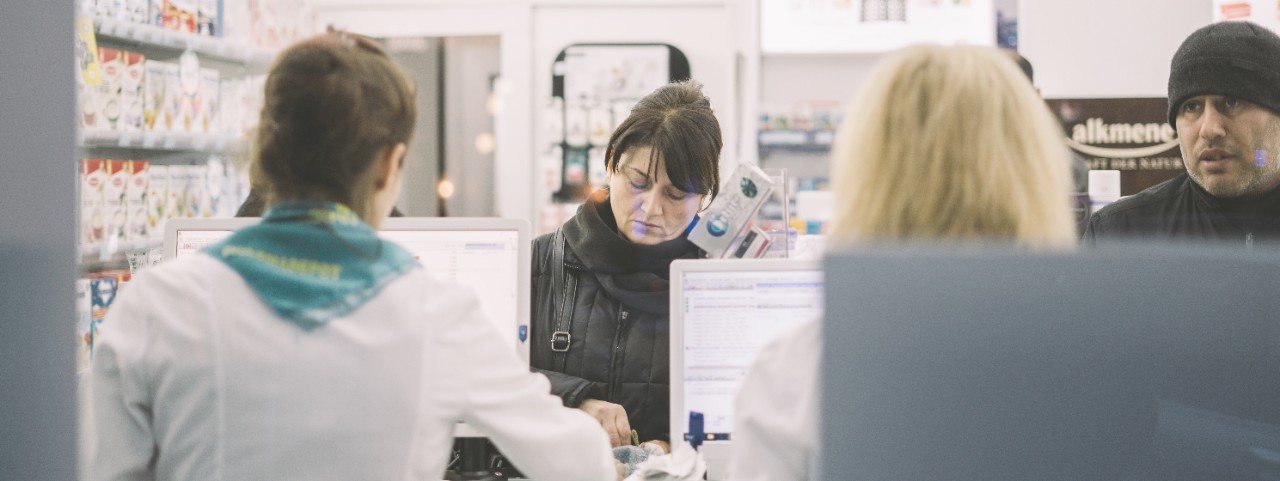In the wake of monumental disruption brought about by today’s pandemic, innovations to adjust to the “new normal” of society will naturally come forth. Measures to contain the spread of the coronavirus have already brought about different types of innovation, but people are looking forward to change much more in some parts of the economy than others.
Health, perhaps understandably, tops the list, according to a six-nation Oliver Wyman Forum survey. Sizable majorities of respondents in all of the countries except Germany said they were looking forward to current crisis spurring innovations such as the rise of wearables to predict health conditions and offer rapid testing. Although such wearables aren’t yet available for widespread use, COVID-19 could give a boost to telehealth as a quick and low-risk way for consumers to receive consultations from their doctors.
What is still largely a theoretical opportunity in medicine is now very much an actual one in education. Millions of students around the world are receiving virtual lessons from their teachers, making it no surprise that survey respondents were optimistic about education innovation that facilitates online learning. Australians responded most favorably to this type of innovation.
Dirty money is a code word for corruption, but fear of infectious diseases like COVID-19 is giving it fresh currency. As people become more aware of the risk, many are looking forward to more financial innovations such as contactless cards or mobile tap-and-go payments to avoid coming into contact with contaminated cash. The coronavirus pandemic has accelerated demand for these types of technology following advice from health professionals.
By contrast, respondents showed relatively little enthusiasm for technology innovations such as new forms of data collection and sharing. That’s in keeping with the broad results of our survey, which showed most respondents would be reluctant to share a positive COVID-19 test with anyone other than their doctor or public health authorities. And that’s where most innovation has been focused to date. Singaporeans are more open to sharing different types of data to combat COVID-19, and the city-state’s TraceTogether app, which alerts those who come in close contact with infected persons, has inspired similar initiatives. Research and medical institutions and governments in the US and UK, Australia, and – despite their apprehensions, even Germany – have adopted their own exposure notification solutions. Spain has developed similar solutions using mobile data to trace the movement of people around the country.
More insights from the Oliver Wyman Forum’s six-nation survey on data-sharing attitudes during the COVID-19 pandemic are available here.

